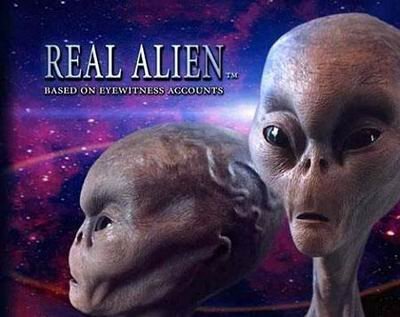Discovery Magazine: 30 theories about the end of the Earth
Discovery Magazine lists 30 possible causes of Earth's end
1, information overload
Futurist Ray Kurzweil points to the coming "singularity," the point at which human and machine intelligence will become indistinguishable and develop at an unimaginable rate. Kurzweil said that if the human mind could be transferred to a computer, the death of the human body would be meaningless. At the same time, if humans and machines could be brought together, the world as we currently know it would no longer exist. From an evolutionary point of view, a new species - Homo singularity - may emerge in the future, which is the inevitable result of advanced technology. Linguist Stephen Pinker rejects this idea, but Kurzweil says the "singularity" era will arrive in 2045.
Possibility: Uncertain. But it is likely that the current human-machine combination is now present.
2 , genetically modified superman
Human genetic engineering has been highly controversial, and in the past decade, genetically modified sperm and eggs can form new genetic traits. Future studies of human genetics could engineer babies with specific DNA molecules to have higher IQs and more robust bodies. Such "superhumans" may eventually breed independently and marry and procreate with other humans.
Probability: high. In the long run, human genetic modification is inevitable.
3, Space colony uprising
From the United States to Angola, there is a history of revolt in the colonies. If, in the future, we establish self-sustaining colonies on other planets, then Earth humans living on this planet may face social and political pressures. In 1973, the crew of Skylab, America's first space station, went on strike to protest poor working conditions. This kind of protest is fierce, but it will not cause blood and disaster. However, interplanetary conflict can lead to catastrophic events, and self-sustaining colonies can carry out planet-wide attacks, such as biological weapons.
Likelihood: Political fragmentation is high. But the probability of an Earth apocalypse is low.
4, alien plague
British astronomer Fred Hoyle said that people should not worry too much about biochemical attacks from space, and comets full of various viruses falling to the Earth's surface could cause the spread of flu. His idea was previously ridiculed by some, but scientists' analysis of meteorite fragments that have fallen to Earth's surface shows that extremely hardy microbes can still survive. NASA takes extraterrestrial pathogens very seriously, conducting in-depth quarantine of any space samples that fall to Earth. Microbes from Mars may have survived on Earth, but we may not know for sure whether space bacteria can live in harmony with life on Earth.
Probability: low. Even though scientists have previously found evidence that bacteria in space are a major cause of certain diseases on Earth.
5, Super bomb
The atomic bomb is hardly the ultimate weapon to destroy the earth. The matter-antimatter reaction is a more destructive solution. Bursting an atom of uranium converts only 0.1% of its mass into energy, but mixing matter and antimatter converts 100% of its mass into energy. A hundred pounds of antimatter generates more energy than all the atomic weapons in the world. Fortunately, we don't know how to store atomic energy all at once. Destroying the Earth could take another strategy: using a giant particle accelerator to construct a miniature black hole. If it had more mass than a larger mountain range, it would be stable enough to sink directly beneath the ground, consuming the Earth's mass from the inside until the Earth was depleted, forming a superdense black hole only a third of an inch in diameter, the mass of the Earth.
Possibility: The possibility of producing a weapon more destructive than the hydrogen bomb is higher. The possibility of creating a black hole is low.
